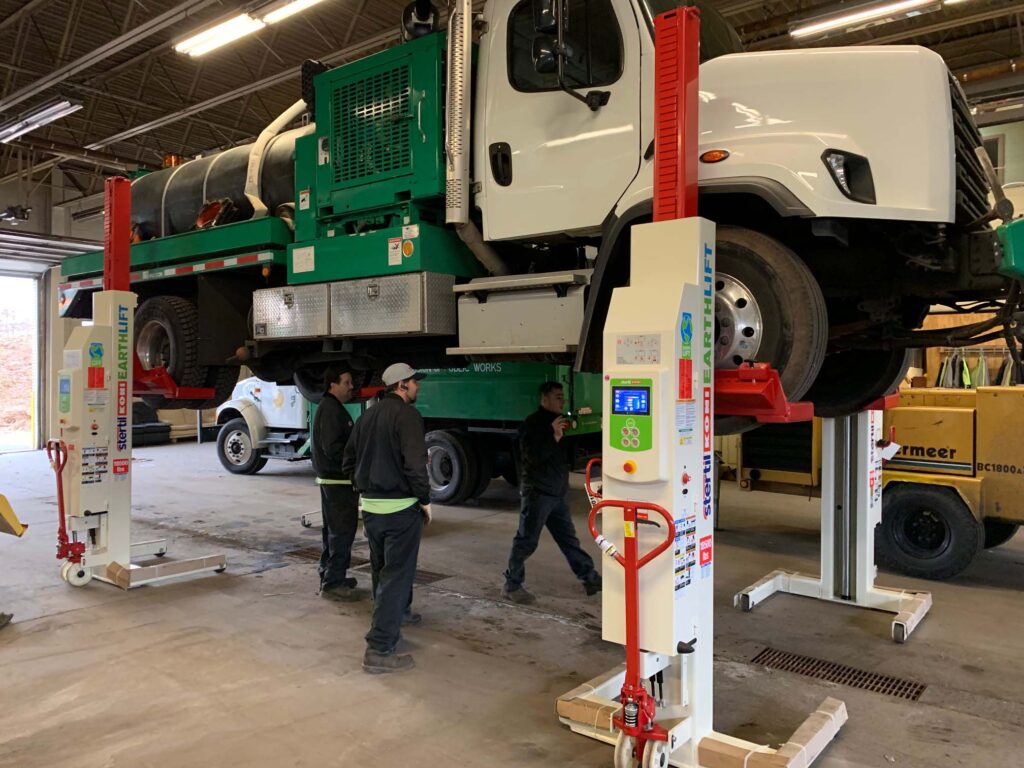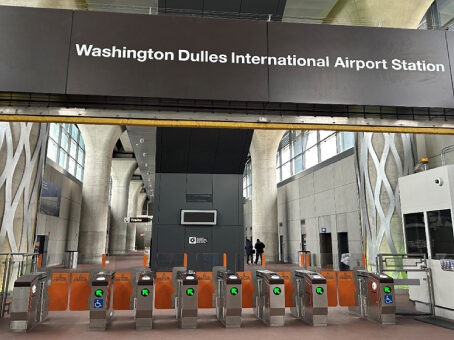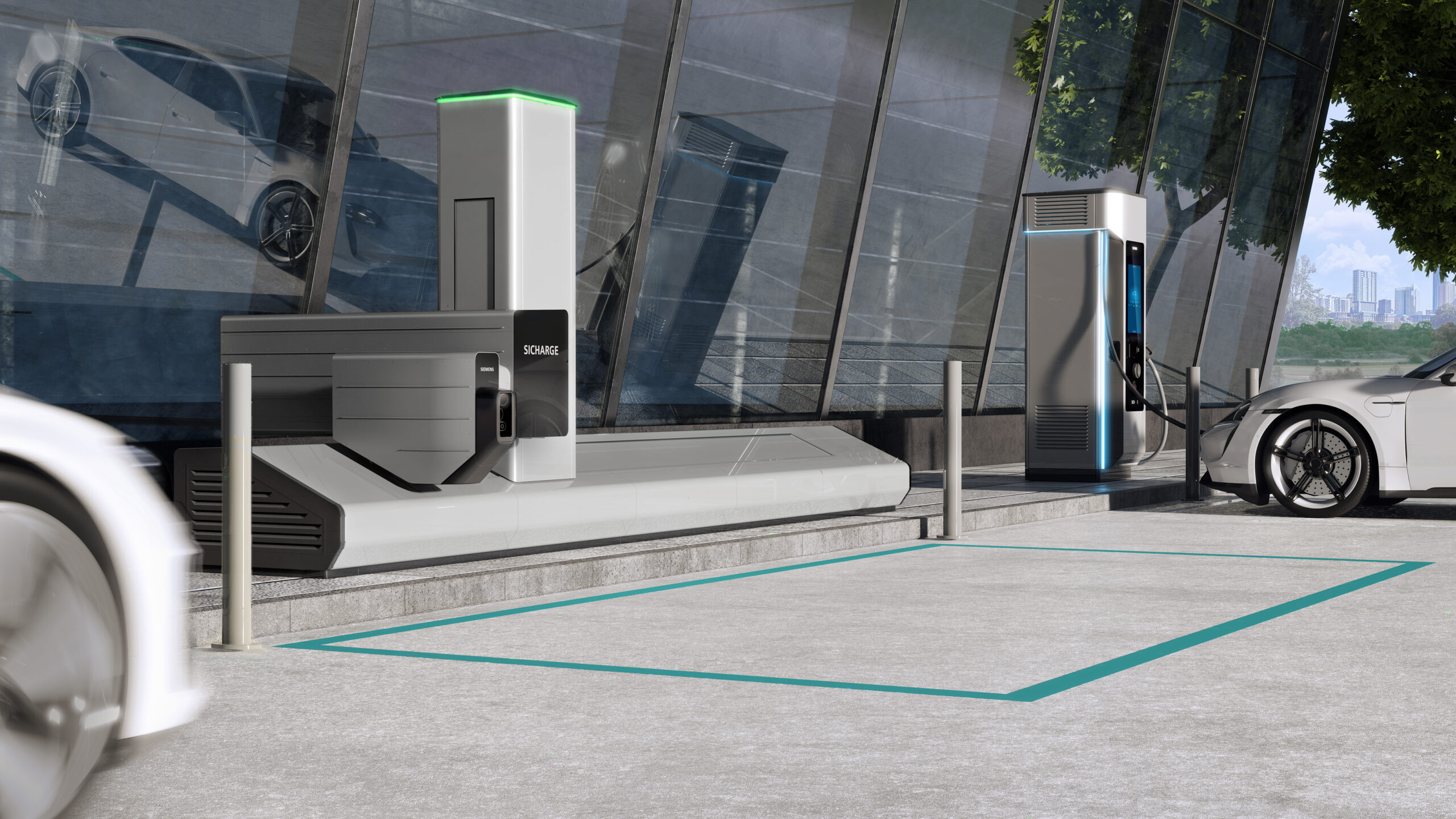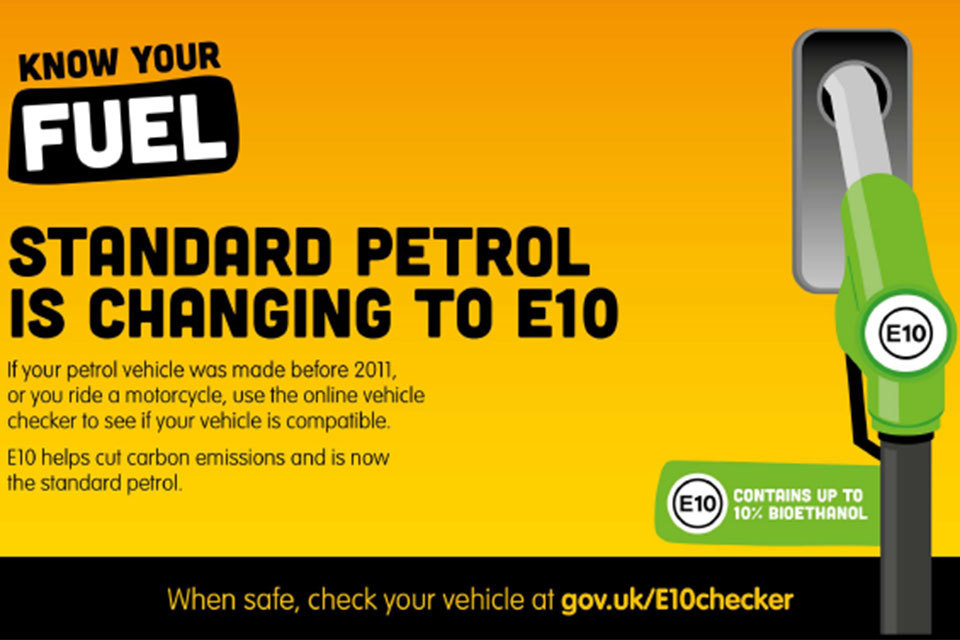The stakes are high. Vehicle maintenance shops are typically extremely demanding locations that require careful planning, a highly trained workforce, and a total commitment to safety and performance. What’s more, whether the location services anything from transit buses and truck fleets to US Military vehicles and school buses, from airline support vehicles to large construction equipment, maximising vehicle uptime is key.
With so much riding on commercial vehicles and the technicians servicing them, vehicle lift manufacturer Stertil-Koni recommends 10 tips for the safe operation of vehicle lifts.

1. Certification is Significant
Consider purchasing lifts certified by the industry’s independent, third-party watchdog— Automotive Lift Institute (ALI). Why? The ALI Lift Certification Program and Gold Label system presents the only accredited program in North America to test and validate that an automotive lift model meets the ANSI/ALI ALCTV (current edition) certification and product safety lifting requirements.
2. Lift Choice and Capacity
Know in advance the weight of the heaviest vehicle to be lifted, and make certain that the lift used is certified to meet or exceed that capacity. Also, confirm the height of the elevated vehicle fits with your shop’s ceiling height.
3. Learn the Lift
Well-trained lift operators should know the lift’s use and abilities prior to powering up. Proper training ensures safe and efficient operation and prepares the user for an emergency situation. Keep a copy of the manufacturer’s lift manual nearby at all times.
4. Safety First
During lift setup check the perimeter of the lift to confirm that nothing obstructs its path and there are no hazards in the lifting area. Lift the vehicle no more than 12 inches off the ground, pause, and do another sweep of the area to further check that there are no impediments.
5. Stability is Key
Always place lifts on a firm foundation and on level ground. This is especially important with Mobile Column Lifts as they can be easily relocated for operation both inside and outside of the maintenance shop. When outside, check for wind loads. Further, select a lift with an “electronic synchronisation” system. As the lift goes into motion and continues through the full-range up to its maximum height, vehicles should rise smoothly, even those with unequal weight distribution such as fire trucks and pumpers.
6. Adhere to Proper Lifting Points
At all times use designated lifting points on the vehicle. For lifts that do not lift by the tires, operators should check that the contact points are properly positioned.
7. Technician Protection
Lift vehicles to a proper height so technicians can move freely, safely, and comfortably beneath the vehicle. Verify lifts are locked in position before standing under the vehicle.
8. Maintain a Maintenance Schedule
Make sure lifts receive annual inspections by a certified ALI lift inspector. Also, use factory or manufacturer-authorised technicians to service and repair your lifts.
9. Create a Culture of Safety
Publicly and prominently post service bulletins, safety messages, and continuously update the skills of all technicians.
10. Accessorise Your Lift
Use lift accessories specifically designed to help ensure fleet maintenance operator safety and proper ergonomics. One example is a high lift wheel dolly, which permits wheel removal and adequate alignment of dual tire assemblies and brake drums to be completed efficiently and accurately without back strain.
Dr. Jean DellAmore, Stertil-Koni USA President, says:Safety is always mission number one in the service bay. That is precisely why we suggest developing and implementing a well-planned safety- first approach so that shop technicians can perform their duties efficiently, ergonomically, and with complete confidence. In turn, it creates a positive workplace atmosphere, improves worker retention, and contributes to greater longevity of the vehicles being serviced and the maintenance equipment the techs operate.
This article was originally published by Stertil-Koni.











